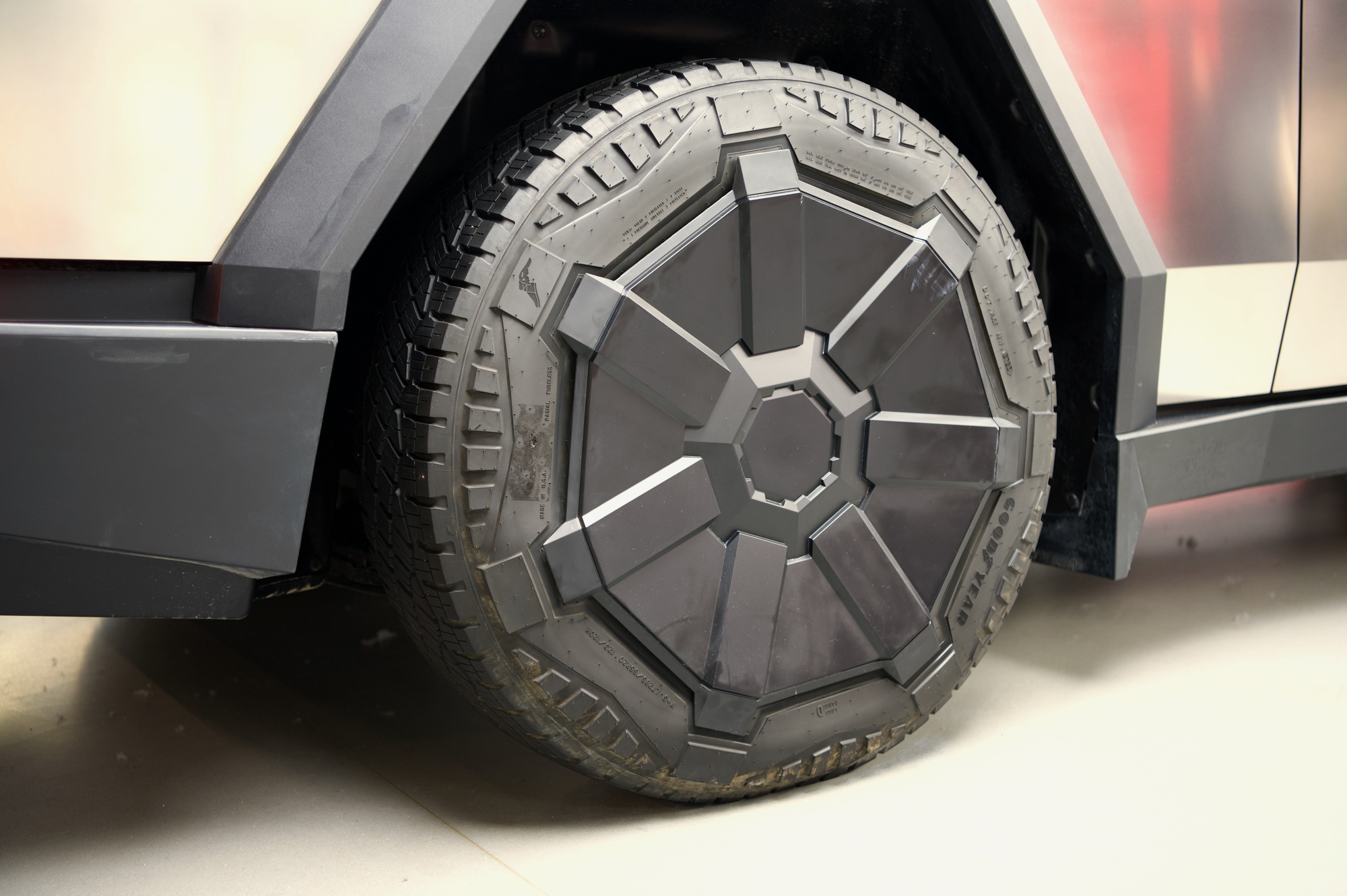
EV-specific tires are just one of the considerations you need to make when you own an electric vehicle — but do you need them? The specialized rubber tends to be more expensive, and the selection is far more limited than you’ll find with the standard tires people have on their ICE cars. So, what difference do EV-specific tires make? What are the downsides? And what’s stopping you from slapping on some standard rubber and getting on with life?
Specialized tires are nothing new. Many of you will be aware of the existence of winter tires, made from a softer compound than many people’s all-season tires on their vehicles as standard. These tires provide far more grip in lower temperatures, though that soft compound will also wear down faster if you don’t swap them out before the weather gets warmer.
Then, there are varying tread types, which disperse water differently and can be optimized for specific terrain types. For example, if you spend a lot of time on dirt roads or off the beaten path, a tire geared towards offroading may save you from getting stuck and give you more control.
But what about tires explicitly designed for a vehicle type? Most major tire manufacturers produce EV-specific tires, which they claim are designed with an EV’s unique specifications in mind. Those manufacturers also tout the benefits of splashing out on special tires for your electric car.

EV-specific tires have several key benefits
If you opt for standard tires instead of EV-specific rubber, then your electric car is going to suffer in one major department — range. EV-specific tires are optimized to reduce rolling resistance. Rolling resistance is the force your vehicle has to overcome to maintain speed on a road. The lower this force, the less energy is needed to overcome it, and the lower the impact on your vehicle’s battery reserves. Range anxiety is one of the main concerns surrounding electric vehicles, and a decent range tends to be a major selling point for many electric cars and trucks. Because of this, anything that may compromise that range is likely to be deeply concerning to most EV owners.
In addition to the range benefits, some EV tires are designed with the specifics of an EV in mind. For example, some manufacturers factor in things like the increased weight EVs tend to carry when designing their tires. The increased and instantaneous torque EVs provide is also a stressor on the rubber and is something an EV-specific tire manufacturer may keep in mind when designing tires and choosing rubber compounds. All of this sounds very important and may convince you that EV-specific tires are an obvious choice. But things are still a touch more nuanced than that.

Do you really need EV-specific tires?
Surprisingly enough, low-rolling resistance tires aren’t anything new and predate the current generation of EVs by some way. Before a notable number of vehicles were battery-powered, and range anxiety was a specter lurking in the back of every EV owner’s mind, people used specially designed treads to boost fuel economy. The same principles that make an EV use less juice will also allow an engine to consume less fuel.
There are also a few downsides. Due to their design, electric vehicle tires may not perform as well as their ICE counterparts. This performance gap may be more noticeable in less-than-ideal conditions, such as wet weather and snow. While EVs are becoming more popular, they are also less numerous than ICE vehicles, and this is reflected in tire choices. As a result, you may have a lot more to choose from if you’re going for a standard tire instead of a specialized EV tire. Then there’s cost; EV tires are more expensive — though this may be offset in the long run by the money you save from efficiency benefits. While EVs are cheaper per mile than ICE vehicles, charging them up still costs money.
So, do you really need special tires for your electric car? Not really. Provided the rubber fits the rims, any tire will “work” on your EV. The real question is, are EV-specific tires the best fit for you. If you value EV range over everything else, then it’s a no-brainer. If you have other, more specific, tire-based requirements, or are unlucky enough to go through several sets of tires a year and want to save money, then it’s something you’ll have to have a long think about.
Editors' Recommendations
- How fast do Formula 1 cars really go?
- Ford plays it all ways, focusing on EVs, hybrids, and gas engines
- VW ID.7 Tourer flagship EV will have up to 426 mile range
- We love this handsome van-life wood paneling, and it’s sustainable too
- Simple garage organization tips for better car and motorcycle care




